In today’s fast-paced global market, efficient logistics solutions are paramount for businesses aiming to thrive. Air freight has emerged as a crucial mode of transportation, offering unparalleled speed and reliability for shipping goods across borders. This article delves into the intricacies of air freight, particularly focusing on shipping from China to New Zealand, highlighting its benefits, processes, costs, and customs clearance considerations. Whether you’re an established importer or a new trader, understanding air freight can help you optimize your supply chain and enhance your operational efficiency.
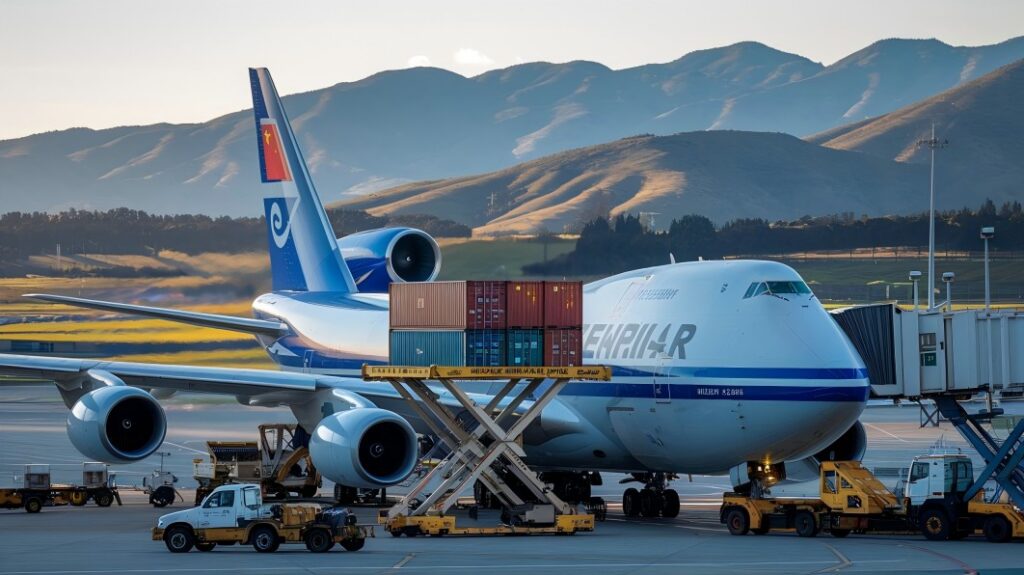
Understanding Air Freight
What is Air Freight?
Air freight refers to the transportation of goods by aircraft. It is a crucial segment of the logistics and supply chain industry, facilitating the swift movement of a diverse range of products, from perishables to high-tech machinery. Unlike other modes of transportation, such as ocean freight, air freight operates using a network of cargo planes and commercial airlines that offer dedicated services for transporting goods. This method is characterized not only by its speed but also by its ability to connect businesses to global markets efficiently.
Air freight works on a straightforward principle: goods are packaged, documented, and transported from one destination to another using aircraft. The process involves several key stages, including booking, packaging, customs clearance, and delivery to the final destination. It is essential for businesses needing to transport goods urgently or when shipping high-value products that require specialized handling.
Importance of Air Freight in Global Trade
The role of air freight in global trade cannot be overstated. As the world becomes increasingly interconnected, the demand for rapid and reliable shipping solutions has surged. Here are several reasons why air freight is pivotal in today’s economy:
Speed: Air freight is the fastest mode of transportation available, significantly reducing lead times compared to ocean freight or road transport. This speed is crucial for industries that rely on timely deliveries, such as electronics, fashion, and pharmaceuticals.
Access to Global Markets: With the capability to reach almost any country in the world, air freight opens up trade opportunities for businesses. It allows exporters and importers to engage with markets that might otherwise be difficult to access.
High-Value Goods: Air freight is particularly advantageous for high-value and time-sensitive products. The ability to transport such items quickly minimizes potential losses and enhances customer satisfaction.
Reliability: The infrastructure supporting air freight is robust, often resulting in fewer delays compared to other transport modes. This reliability is crucial in maintaining supply chain efficiency.
Security: Air freight provides a higher level of security for shipments, reducing the risk of theft or damage. With stringent regulations and monitoring processes in place, businesses can trust that their goods will arrive safely.
Benefits of Choosing Air Freight from China to New Zealand
Choosing air freight to transport goods from China to New Zealand presents several advantages, particularly for businesses looking to optimize their supply chains.
Speed of Delivery: Why Time Matters
Time is a critical factor in international trade, especially in industries that demand rapid turnover. Air freight significantly reduces the time taken to transport goods from China to New Zealand, often completing the journey in as little as 3 to 5 days. This speed enables businesses to respond quickly to market changes, maintain competitive advantage, and meet the demands of customers who expect timely deliveries.
Moreover, the fast delivery associated with air freight can be particularly beneficial for perishable goods, electronics, and fashion items that may be subject to seasonal trends. Businesses that rely on quick stock turnover can leverage air freight to ensure they are always equipped with the latest inventory.
Reliability and Safety in Air Shipping
The reliability of air freight services is another compelling reason to choose this mode of transport. With established schedules and a well-maintained infrastructure, airlines can provide consistent service. This reliability is vital for businesses that depend on just-in-time inventory systems, as delays in shipping can lead to production slowdowns or missed sales opportunities.
Additionally, air freight is often considered safer than other transport methods. The stringent security measures during loading and transit minimize the risk of damage or theft. For businesses shipping high-value items, such as electronics or luxury goods, the added assurance of safety is a significant advantage.
Cost-Effectiveness for High-Value Items
While air freight might have a higher upfront cost than ocean freight, it can be more cost-effective in certain situations, particularly for high-value or time-sensitive items. The overall cost-effectiveness of air freight becomes evident when considering the total value of the goods being transported and the potential losses incurred from delays or damage.
For instance, if a business is shipping high-value electronics, the risk of inventory loss due to damage or obsolescence can outweigh the higher shipping costs associated with air freight. Quick and reliable transportation ensures that these items reach the market promptly, generating revenue and maintaining customer trust.
In addition, air freight can often lead to reduced inventory costs. By minimizing the time goods spend in transit, businesses can operate with leaner inventory levels while ensuring that they meet customer demands effectively.
For businesses looking to streamline their logistics and enhance their supply chain efficiency, Dantful International Logistics offers comprehensive services tailored to meet your air freight needs. As a highly professional, cost-effective, and high-quality one-stop international logistics service provider, Dantful is ready to assist you in navigating the complexities of air freight from China to New Zealand. Explore our services today and elevate your import operations.
You may be interested in the following related articles:
- Shipping From China to Nauru
- Shipping From China to Tonga
- Shipping From China to Vanuatu
- Shipping From China to Solomon Islands
- Shipping From China to Fiji
- Shipping From China to Papua New Guinea
- Shipping From China to Australia
Key Factors Influencing Air Freight Costs
Breakdown of Air Freight Charges
Understanding the air freight charges is crucial for any business looking to optimize their shipping budget. These charges typically consist of several components, which can vary based on the service provider, type of cargo, and specific trade routes. Here’s a detailed breakdown:
| Charge Type | Description |
|---|---|
| Base Rate | The fundamental cost for transporting goods, often calculated per kilogram. |
| Fuel Surcharge | An additional fee that fluctuates based on current fuel prices, impacting the overall cost. |
| Security Fees | Charges associated with the added security measures required for air freight. |
| Insurance Fees | Cost of insuring the cargo during transit, especially important for high-value items. |
| Customs Clearance Fees | Charges for customs documentation and processing, which may vary depending on the destination and nature of goods. |
| Handling Fees | Fees for loading and unloading cargo at the airport, including additional handling for fragile items. |
| Airport Fees | Charges imposed by the airport for various services, which can vary widely. |
These charges can significantly impact the total cost of air freight. It is advisable for businesses to seek comprehensive quotes from freight forwarders like Dantful International Logistics to ensure all potential costs are accounted for.
Seasonal Variations in Pricing
Air freight costs can fluctuate seasonally due to increased demand during peak seasons. For instance, the lead-up to major holidays, such as Chinese New Year, sees a surge in shipments as businesses stock up on inventory. Similarly, e-commerce spikes during festive seasons can increase air freight demand, leading to higher prices.
Here’s an overview of how seasonal variations can influence air freight costs:
| Season | Factors Affecting Costs |
|---|---|
| Peak Seasons (e.g., Holidays, Festivals) | Increased demand leads to higher rates and possible capacity constraints. |
| Off-Peak Seasons | Lower demand may result in reduced rates and promotional offers from carriers. |
| Weather Conditions | Adverse weather can cause delays and added costs; companies may need to expedite shipments during disruptions. |
Being aware of these seasonal trends allows businesses to plan their shipments more effectively, potentially saving costs by scheduling transport during off-peak periods.
Comparing Air Freight vs. Sea Freight Costs
When considering shipping options from China to New Zealand, comparing air freight with sea freight costs is essential. While air freight is faster, sea freight is generally more economical for larger shipments. Below is a comparative analysis of the two methods:
| Factor | Air Freight | Sea Freight |
|---|---|---|
| Speed | 3-5 days for most shipments | 25-50 days depending on route |
| Cost per Kilogram | Higher, approximately 5-10 times more than sea freight | Lower, generally 1/5 to 1/10 of air freight costs |
| Best for | High-value, time-sensitive goods | Bulk shipments, non-perishable items |
| Capacity | Limited to aircraft weight restrictions | High capacity, suitable for large volumes |
| Tracking | More reliable and real-time tracking | Tracking available but not as immediate |
Deciding between air freight and sea freight largely depends on the nature of the goods being shipped and the timeline for delivery. For businesses prioritizing speed and reliability, air freight remains a compelling choice.
The Air Freight Process from China to New Zealand
Understanding the air freight process is essential for businesses looking to ship goods efficiently from China to New Zealand. The process can be broken down into several key stages:
Booking: Initiating the shipment by contacting a freight forwarder like Dantful International Logistics. Providing details about the cargo, including weight, dimensions, and value, allows for precise quotes and planning.
Preparation of Cargo: Proper packaging is critical to ensure goods are protected during transit. This may include using specialized packing materials and labeling according to international standards.
Customs Documentation: Preparing necessary documentation for customs clearance, which includes commercial invoices, packing lists, and any required permits or certificates. This step is crucial to avoid delays at customs.
Transport to Airport: Once goods are packed and documented, they are transported to the airport. This includes checking the shipment’s compliance with airline regulations and security protocols.
Loading onto Aircraft: Upon arrival at the airport, the cargo is inspected and loaded onto the aircraft. This step involves adhering to weight and balance regulations to ensure safe air travel.
In-Flight Transport: During the flight, the shipment is monitored regularly. Air freight provides superior tracking capabilities, allowing businesses to stay informed about their cargo’s status.
Arrival and Customs Clearance: Upon arrival in New Zealand, goods must clear customs. This involves presenting the necessary documentation and paying any applicable duties and taxes.
Delivery to Final Destination: After clearing customs, the cargo is transported to the final destination. Freight forwarders can arrange for door-to-door delivery, ensuring a seamless transfer of goods.
By understanding each stage of the air freight process, businesses can better manage expectations and ensure smooth operations when shipping from China to New Zealand. Leveraging the expertise of a reliable partner like Dantful International Logistics can further facilitate a streamlined experience.
You may be interested in the following related articles:
Transit Times for Air Freight from China to New Zealand
Average Delivery Times
When considering air freight from China to New Zealand, understanding average delivery times is essential for businesses that rely on timely shipments. The transit time for air freight typically ranges from 3 to 7 days, depending on several factors, including:
- Airport Efficiency: The efficiency of the departure and arrival airports can impact overall transit times. Major airports with robust handling capabilities tend to facilitate faster processing.
- Routing: Direct flights may significantly reduce delivery times compared to those with layovers or transshipments.
- Customs Clearance: The speed of customs processing at the destination can vary, affecting overall delivery times.
The following table illustrates estimated delivery times based on the type of service used:
| Service Type | Estimated Delivery Time |
|---|---|
| Standard Air Freight | 5-7 days |
| Express Air Freight | 3-5 days |
Businesses should choose their shipping methods based on urgency and the nature of the goods being shipped.
Express vs. Standard Air Freight Services
The choice between express and standard air freight services is often dictated by the urgency of the shipment:
Express Air Freight: This service is designed for time-sensitive shipments, guaranteeing faster delivery (usually within 3-5 days). It often includes premium handling and tracking options, making it ideal for high-value items or products that require quick replenishment.
Standard Air Freight: While still faster than sea freight, standard services take longer to deliver (typically 5-7 days). This option tends to be more cost-effective for non-urgent shipments, allowing businesses to save on logistics expenses.
Understanding these options enables businesses to make informed decisions that align with their operational needs.
Choosing the Right Airports for Shipping
Major Departure Airports in China
Choosing the right departure airport can significantly influence the efficiency and cost of air freight. Here are some of the major airports in China known for their extensive international air cargo operations:
| Airport Name | Location | Key Features |
|---|---|---|
| Shanghai Pudong International Airport (PVG) | Shanghai | One of the busiest cargo airports in the world, with numerous international connections. |
| Beijing Capital International Airport (PEK) | Beijing | Major hub for international shipments, well-equipped for air freight operations. |
| Guangzhou Baiyun International Airport (CAN) | Guangzhou | Strategic location for southern China trade, strong air cargo services. |
| Shenzhen Bao’an International Airport (SZX) | Shenzhen | Key departure point for electronics and high-value goods. |
| Hong Kong International Airport (HKG) | Hong Kong | A leading international freight hub with extensive logistics capabilities. |
Selecting the appropriate airport can help optimize shipping times and potentially reduce costs through competitive service providers.
Key Arrival Airports in New Zealand
The effectiveness of air freight also depends on the choice of arrival airports in New Zealand. The following airports are critical for air cargo handling:
| Airport Name | Location | Key Features |
|---|---|---|
| Auckland Airport (AKL) | Auckland | The busiest airport in New Zealand for international cargo, facilitating global trade. |
| Christchurch Airport (CHC) | Christchurch | Significant for cargo operations, particularly for goods destined for the South Island. |
| Wellington Airport (WLG) | Wellington | Offers air freight services for capital city logistics, important for regional distribution. |
Properly identifying the right arrival airport can enhance efficiency in the supply chain, ensuring timely delivery to final destinations.
Customs Clearance
Understanding Customs Procedures for Air Freight
Navigating customs clearance is a critical step in the air freight process. In New Zealand, customs regulations are stringent, requiring importers to comply with various documentation and procedural requirements. Key components of customs procedures for air freight include:
Documentation: Importers must provide relevant documents, including:
- Commercial Invoice
- Packing List
- Air Waybill
- Import Permit (if applicable)
- Certificates of Origin (if required)
Duties and Taxes: Import duties and Goods and Services Tax (GST) may apply based on the type of goods being imported. The rate of duty varies depending on the product classification.
Risk Assessment: Customs authorities may perform risk assessments, leading to inspections. Accurate documentation can expedite the process and minimize the likelihood of delays.
Customs Brokers: Engaging a customs broker can simplify the clearance process. Brokers are knowledgeable about regulations and can help ensure compliance, facilitating a smoother experience.
Tips for Smooth Customs Clearance in New Zealand
To ensure a hassle-free customs clearance process, businesses should consider the following tips:
Prepare Documentation in Advance: Having all necessary documentation ready before shipment can expedite the clearance process. Ensure that documents are accurate and complete.
Understand Classification Codes: Familiarize yourself with the Harmonized System (HS) codes for your products. Proper classification ensures correct duty calculations and helps avoid delays.
Consider Using DDP Shipping Services: Door-to-door shipping services through Dantful International Logistics can simplify customs clearance by handling duties and taxes upfront, ensuring no surprises upon arrival.
Stay Informed of Regulatory Changes: Customs regulations can change frequently. Staying updated on current laws and procedures can help avoid unnecessary complications.
Engage Professionals: Using the services of a qualified freight forwarder or customs broker can provide valuable insights and support throughout the customs process.
By understanding the customs clearance process and taking proactive measures, businesses can mitigate delays and ensure their goods arrive in New Zealand efficiently. Partnering with Dantful International Logistics, known for its expertise, can further enhance the shipping experience through streamlined operations and compliance assistance.

Young Chiu is a seasoned logistics expert with over 15 years of experience in international freight forwarding and supply chain management. As CEO of Dantful International Logistics, Young is dedicated to providing valuable insights and practical advice to businesses navigating the complexities of global shipping.

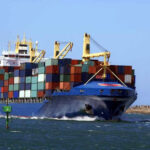
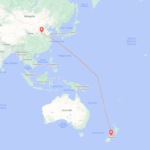
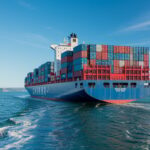
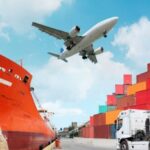




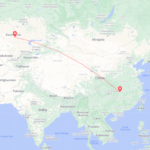

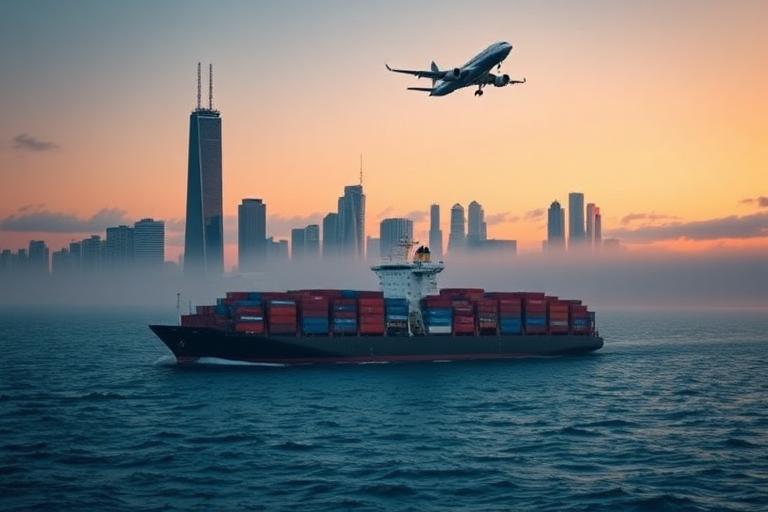
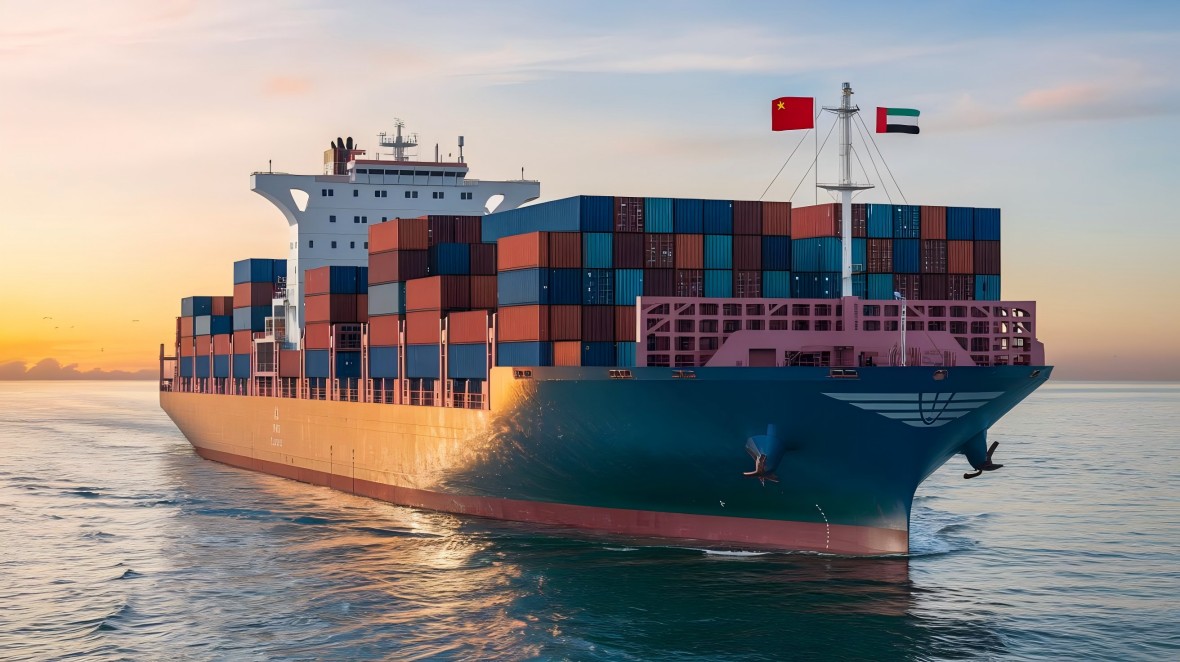
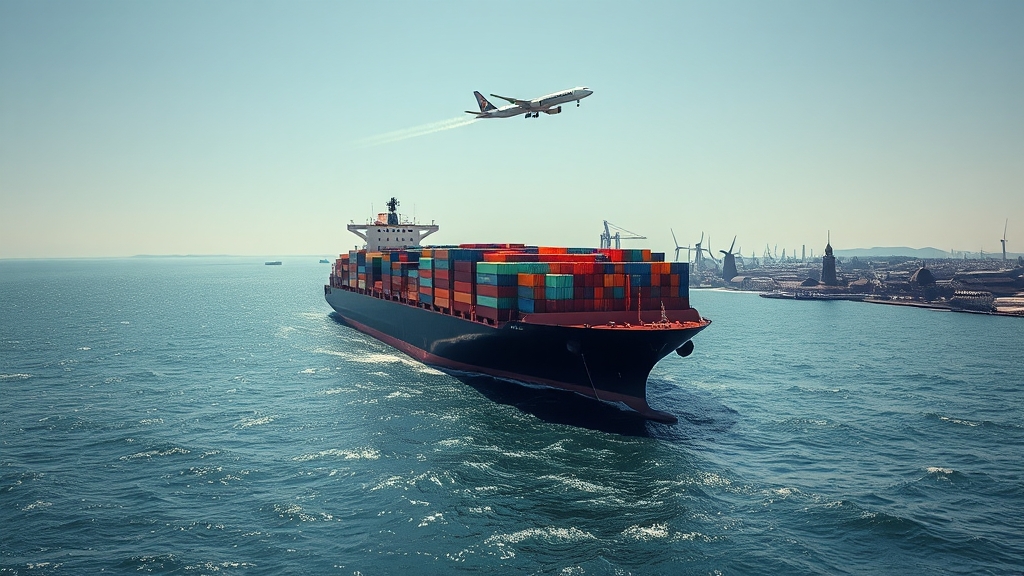
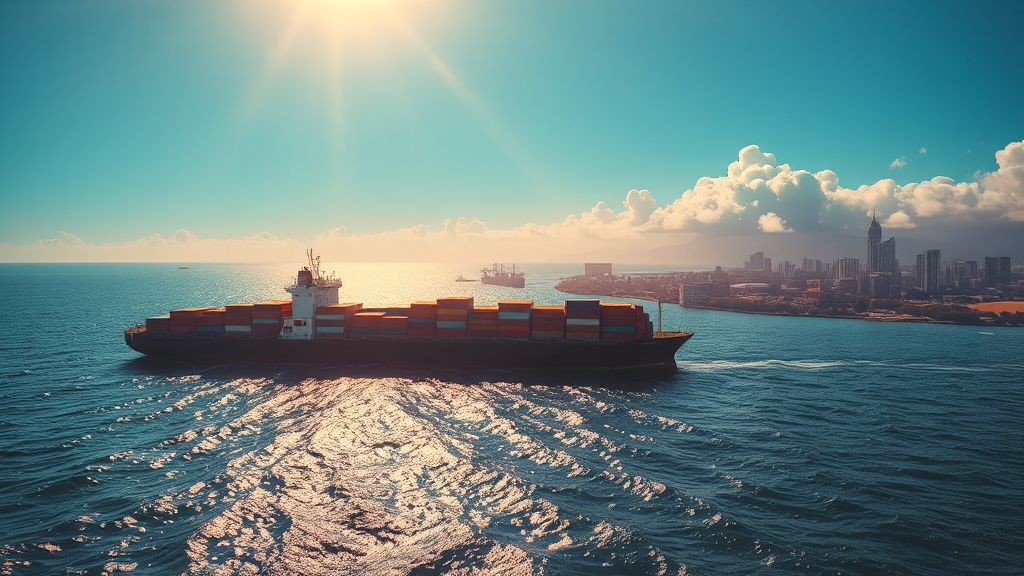
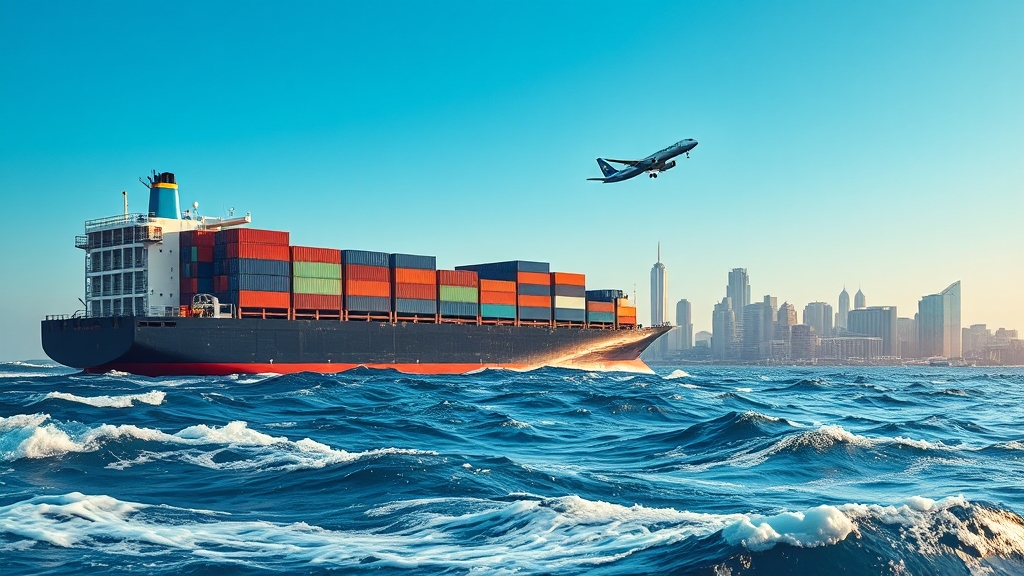





 Afrikaans
Afrikaans Shqip
Shqip አማርኛ
አማርኛ العربية
العربية Հայերեն
Հայերեն Azərbaycan dili
Azərbaycan dili Euskara
Euskara Беларуская мова
Беларуская мова বাংলা
বাংলা Bosanski
Bosanski Български
Български Català
Català Cebuano
Cebuano Chichewa
Chichewa 简体中文
简体中文 繁體中文
繁體中文 Corsu
Corsu Hrvatski
Hrvatski Čeština
Čeština Dansk
Dansk Nederlands
Nederlands English
English Esperanto
Esperanto Eesti
Eesti Filipino
Filipino Suomi
Suomi Français
Français Galego
Galego ქართული
ქართული Deutsch
Deutsch Ελληνικά
Ελληνικά Kreyol ayisyen
Kreyol ayisyen Harshen Hausa
Harshen Hausa Ōlelo Hawaiʻi
Ōlelo Hawaiʻi עִבְרִית
עִבְרִית हिन्दी
हिन्दी Hmong
Hmong Magyar
Magyar Íslenska
Íslenska Igbo
Igbo Bahasa Indonesia
Bahasa Indonesia Gaeilge
Gaeilge Italiano
Italiano 日本語
日本語 Basa Jawa
Basa Jawa ಕನ್ನಡ
ಕನ್ನಡ Қазақ тілі
Қазақ тілі ភាសាខ្មែរ
ភាសាខ្មែរ 한국어
한국어 كوردی
كوردی Кыргызча
Кыргызча ພາສາລາວ
ພາສາລາວ Latin
Latin Latviešu valoda
Latviešu valoda Lietuvių kalba
Lietuvių kalba Lëtzebuergesch
Lëtzebuergesch Македонски јазик
Македонски јазик Malagasy
Malagasy Bahasa Melayu
Bahasa Melayu മലയാളം
മലയാളം Maltese
Maltese Te Reo Māori
Te Reo Māori मराठी
मराठी Монгол
Монгол ဗမာစာ
ဗမာစာ नेपाली
नेपाली Norsk bokmål
Norsk bokmål پښتو
پښتو فارسی
فارسی Polski
Polski Português
Português ਪੰਜਾਬੀ
ਪੰਜਾਬੀ Română
Română Русский
Русский Samoan
Samoan Gàidhlig
Gàidhlig Српски језик
Српски језик Sesotho
Sesotho Shona
Shona سنڌي
سنڌي සිංහල
සිංහල Slovenčina
Slovenčina Slovenščina
Slovenščina Afsoomaali
Afsoomaali Español
Español Basa Sunda
Basa Sunda Kiswahili
Kiswahili Svenska
Svenska Тоҷикӣ
Тоҷикӣ தமிழ்
தமிழ் తెలుగు
తెలుగు ไทย
ไทย Türkçe
Türkçe Українська
Українська اردو
اردو O‘zbekcha
O‘zbekcha Tiếng Việt
Tiếng Việt Cymraeg
Cymraeg יידיש
יידיש Yorùbá
Yorùbá Zulu
Zulu